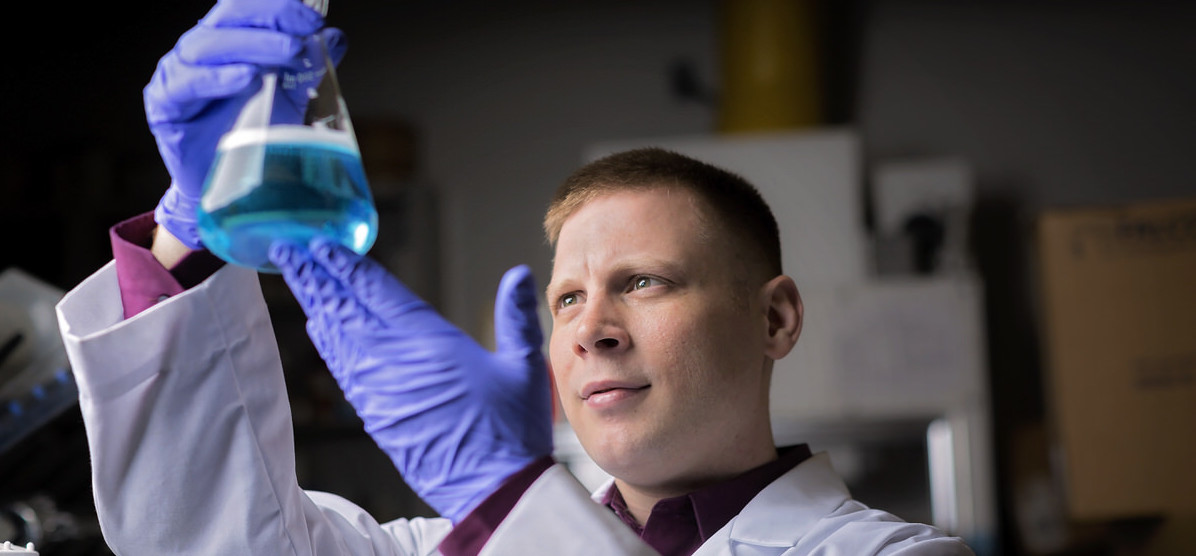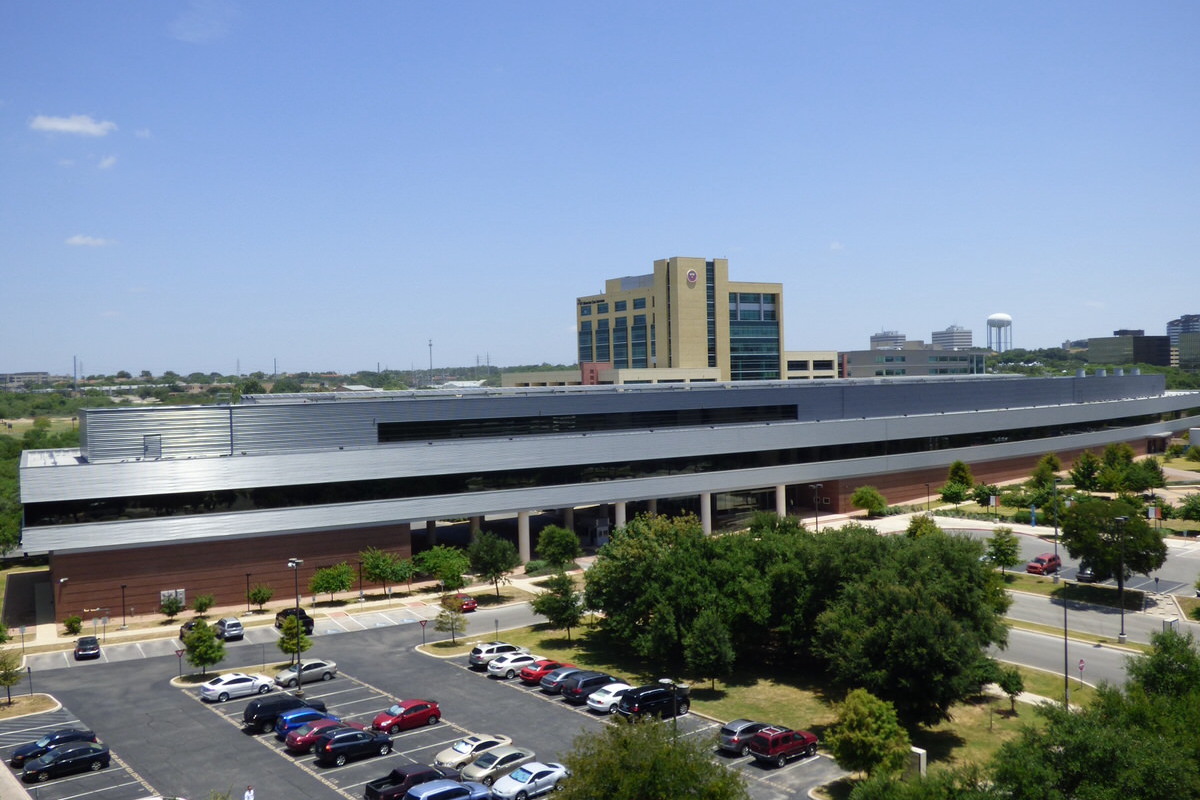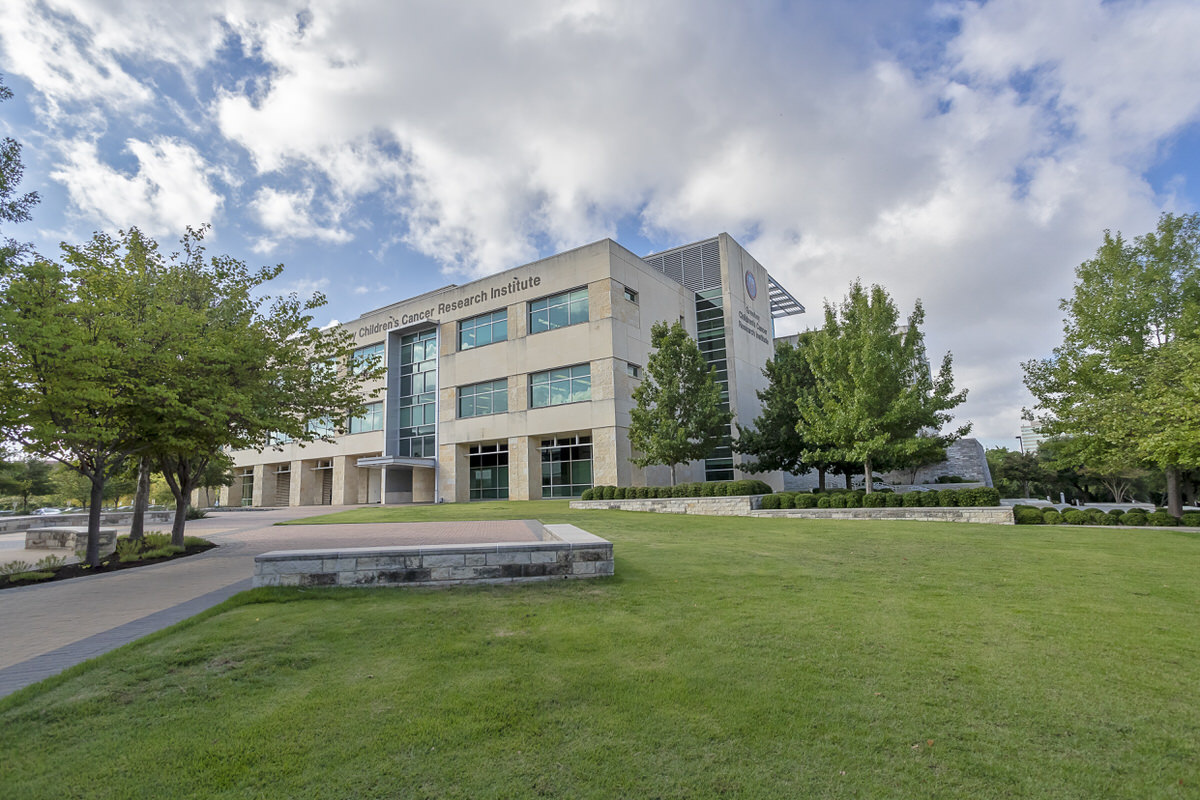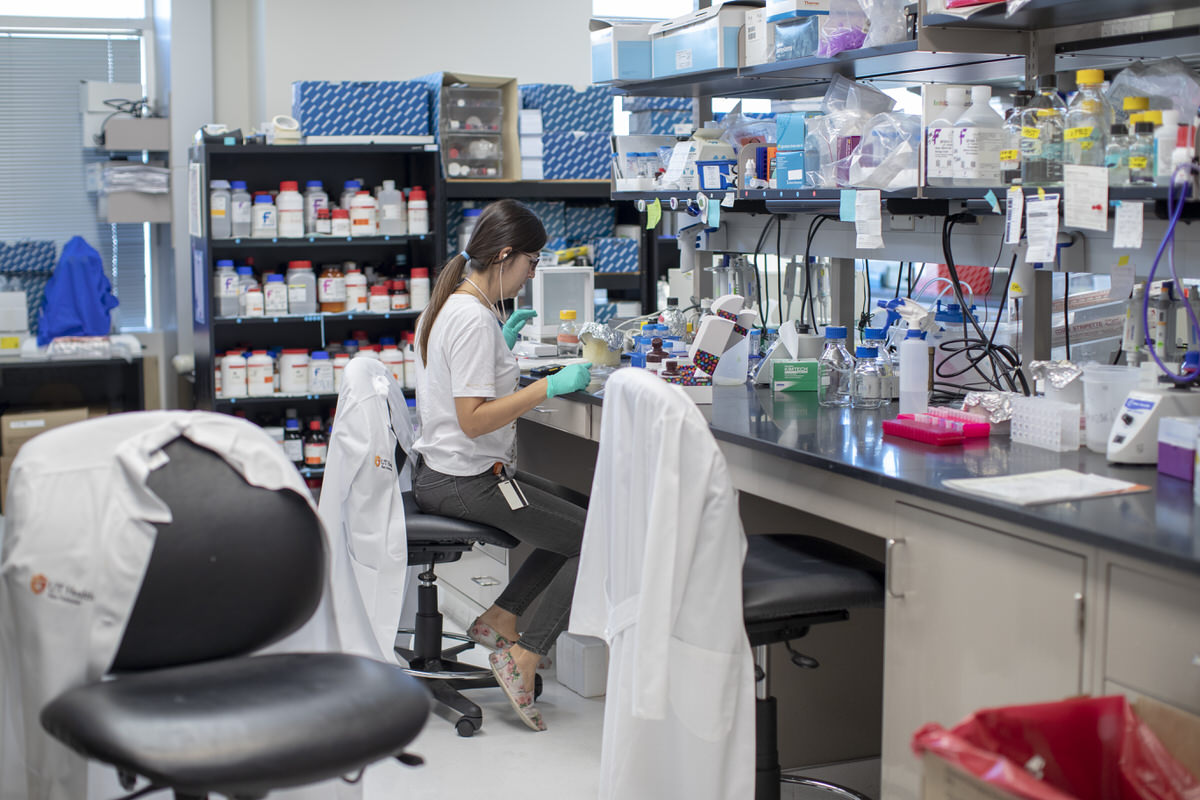Overview
Biology of Aging researchers are housed on the Health Science Center’s main campus in the Medical Center or at the Barshop Institute for Longevity and Aging.
The Barshop Institute provides a wide range of core services and clinical facilities as well as cutting edge programs involving state-of-the-art technologies such as genomics and proteomics, transgenic animal models, and pathological assessments. The Barshop Institute is one of the few places in the country that can both investigate the aging process and move the findings into the clinic. For the past decade, the Barshop Institute has annually ranked 1st or 2nd in National Institute on Aging (NIA) funding among Texas Institutions, and is highly ranked in the country in National Institute of Health funding.
UT Health San Antonio is the only institution in the U.S. having both a Nathan Shock Center of Excellence on the Biology of Aging as well as an Claude D. Pepper Older Americans Independence Center (often called “Pepper Center”). UT Health San Antonio and The Barshop Institute also hold an NIA-funded T32 training grant in the Biology of Aging focused on basic and translational geroscience. The program funds 4 predoctoral and 4 postdoctoral positions.



